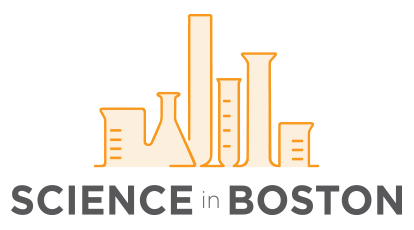Science Events in Boston
Stay up-to-date with all of the life science events taking place in the Greater Boston area with the Science in Boston events calendar! From academia to industry and biotech to pharma, our events calendar is your complete source for life science conferences, symposiums, networking, and workshops in Boston. We even cover science pub nights and science fundraisers!
If you’re interested in promoting your life science event on the Science in Boston events calendar, please use our event submission form.

- This event has passed.
Every Cell Has Its Place: In Situ Sequencing of Tissue Samples at Single-Cell Resolution
April 22, 2020 - 12:00 pm - 1:00 pm
Single-cell RNA sequencing (scRNA-seq) has revolutionized the understanding of tissue complexity by dissecting transcriptomic heterogeneity and revealing previously unknown cell types and states. However, scRNA-seq does not allow the visualization of spatial organization of single cells within the tissue. In order to overcome this limitation, spatial gene expression profiling technologies have emerged that aim to localize molecularly defined cell types within the morphological context. In situ sequencing (ISS) can rapidly analyze and visualize the expression of hundreds of genes within morphologically intact tissue samples at single-cell resolution. ISS helps researchers to understand complex biological and pathological mechanisms and to localize and validate new drug targets.
In this webinar, we will outline the benefits of ISS and showcase how it can complement spatial transcriptomics technology in the task of unraveling the role of amyloid-ß plaques in the neurogenerative process of Alzheimer’s disease.
During this webinar, the speakers will:
- Introduce ISS technology and how it enables simultaneous spatial analysis of hundreds of genes in tissue samples at single-cell resolution
- Show how ISS has helped shed light on the role of amyloid-ß plaques in Alzheimer’s disease
- Discuss applications and performance of ISS in other research areas
- Answer your questions during the live broadcast.
This webinar will last for approximately 60 minutes.




